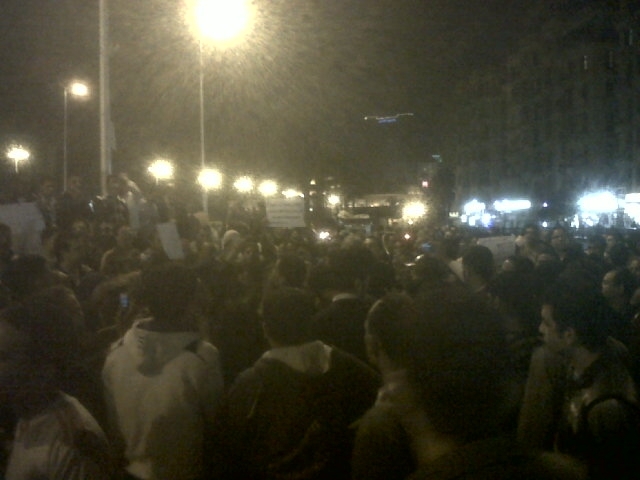
Nothing would help the international campaign against Colonel Gaddafi as much as the Egyptian military — and therefore Egypt — swinging in behind the UN-authorised effort. It would be one of the few things that would make the Libyan dictator worry and could push fence-sitting loyalists towards the rebel cause.
Materially, it could also be important; with the Libyan resistance reluctant to receive Nato help, Egypt could be very helpful as a conduit for weapons, intelligence and even on-the-ground military support. A post-combat mission would also be greatly aided by Egyptian involvement or leadership.
Unfortunately, after a few days in Cairo, I think it is more likely that Colonel Gaddafi will turn himself in than Field Marshal Tantawi, Egypt’s de facto ruler, will send his army into neighbouring Libya. There are four main reasons why:
1) Many in the army seem to think that what is going on in Libya could happen in Egypt — that is, it may be necessary to quash a rebellion. Better, in their view, then, not to get involved in Libya.
2) The army actually appears to be afraid of having to work with others, especially the West, for fear of being showed up. Fewer than 20 percent of Egypt’s jets are said to be air-worthy. The reputational risks of taking part in the Libya intervention, under the glare of Nato and the world’s media, are simply too great for an army already under increased scrutiny.
3) Then there is the loathing of Nato. Just because Nicolas Sarkozy believes something does not make it wrong: in fact, he was right to think that Nato would struggle to convince Arab states — and, in particular, the Egyptian military — to support the coalition.
4) Finally, there is the army’s work in Egypt. After the revolution, the Egyptian police have partly disappeared, leaving the army to direct traffic, protect embassies and undertake a myriad of other duties. They have, in other words, their hands full at home.
This means that the Egyptian army will likely “sit out” the Libyan intervention, almost regardless of what it is offered as an incentive, and the British government will have to focus on working with other Arab states — like Morocco, Jordan and Oman — to liaise with the Libyan rebels and manage any post-combat mission.
(The photo at the top is of a pro-Mohamed El Baradei demonstration in Tahrir Square last night. Apologies for its blurriness.)






Comments